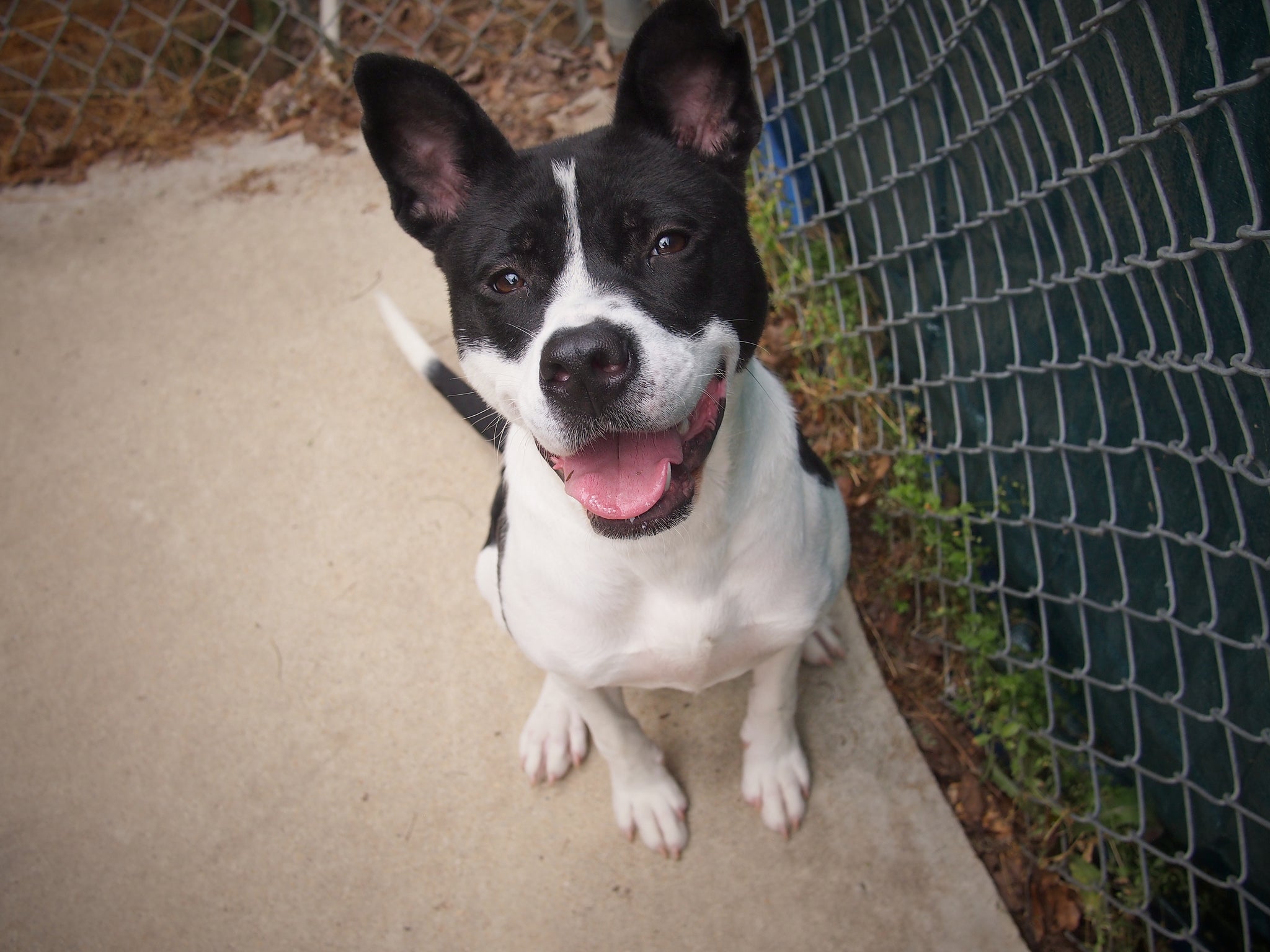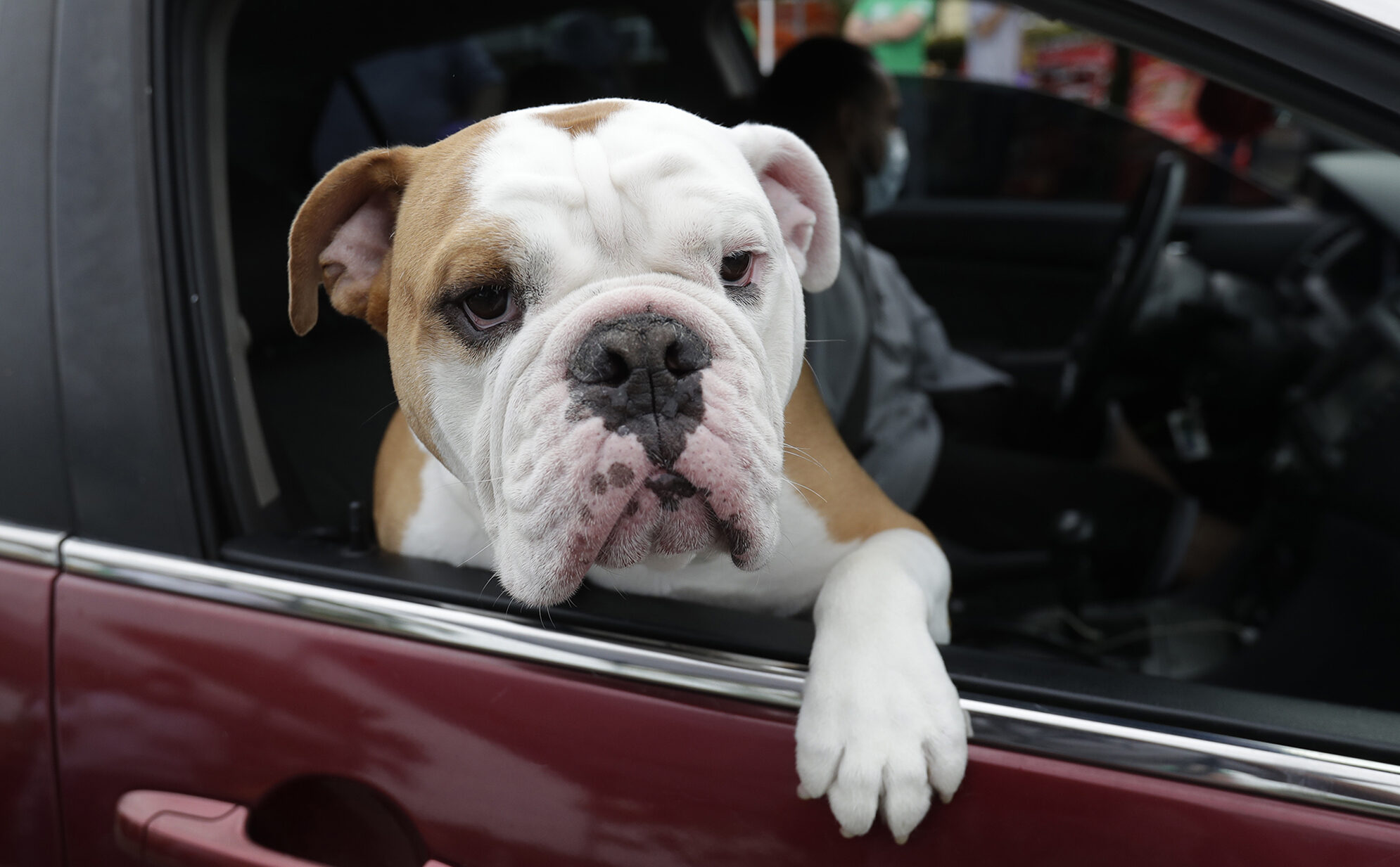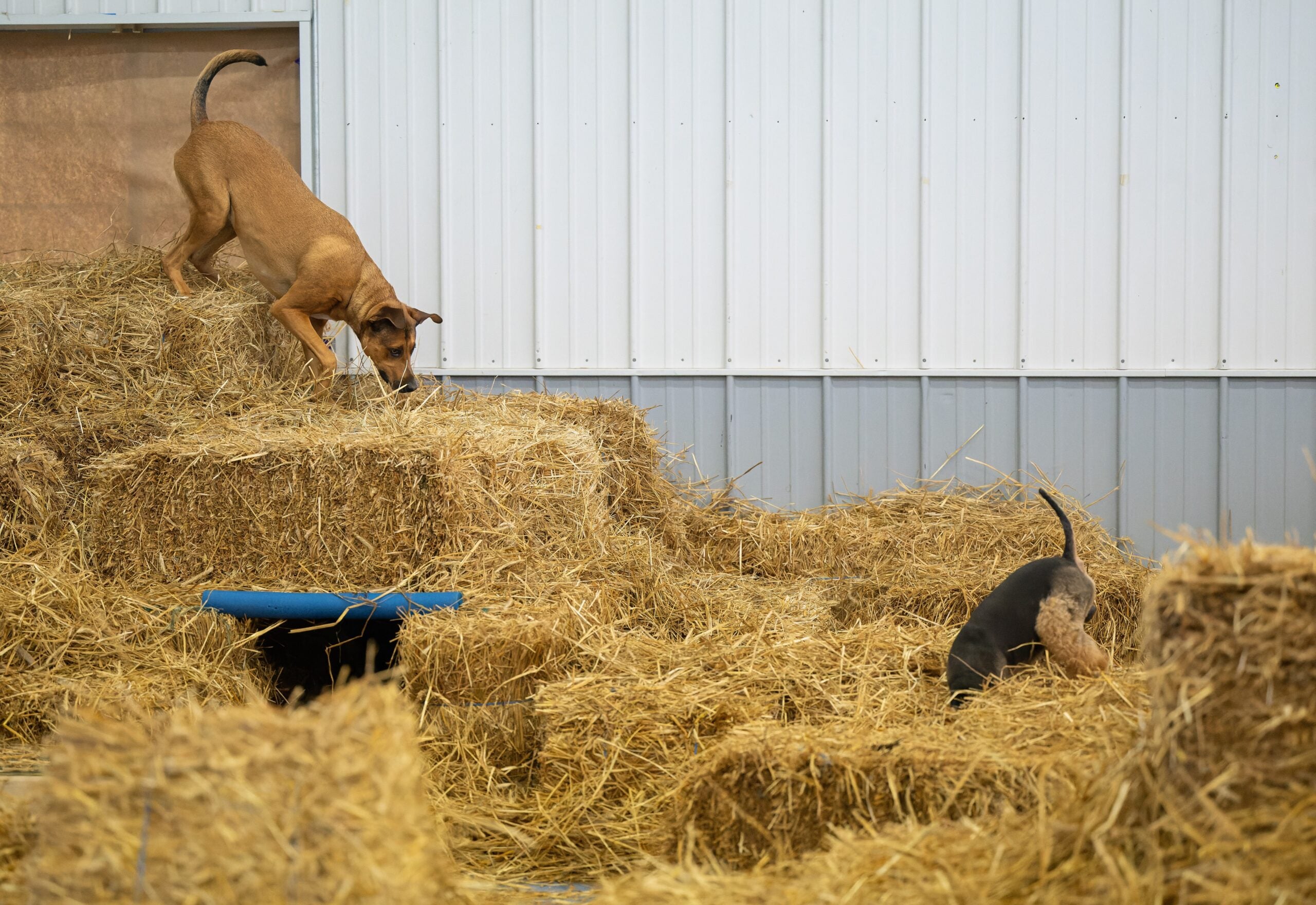Many of us will be kenneling our dogs over the holidays. Before you make those arrangements, we talk about what you need to know about kennel cough with veterinarian Dr. Sandi Sawchuk. We also find out the breed of the month and look at holiday safety.
Do you have a pet with kennel cough? What questions do you have about treatment? Join the conversation by calling 1-800-642-1234 or send an email to ideas@wpr.org.
Featured in this Show
-
Veterinarian Talks Kennel Cough 101
With the holidays coming soon, you may have plans to get yourself out of Wisconsin and your dog into a kennel. Although your dog can get kennel cough pretty much anywhere, he or she will be at a higher risk if they’re in close proximity to other dogs.
Dr. Sandra Sawchuk joined WPR’s “The Larry Meiller Show” to talk about steps you can take to protect your dog from getting kennel cough.
What Is Kennel Cough?
Kennel cough is a misnomer, because it’s not just transmitted at the kennel. Like the human cold or flu, your dog can get kennel cough anywhere other dogs are present: the groomer, the dog park, or even just a get-together with friends where there’s another dog present.
The formal name for kennel cough is canine infectious tracheobronchitis. It’s an inflammation of the large airways, causing irritation and coughing. Your dog can pick it up any time of year, but it’s more common in the cold winter months because your dog’s airways will be a bit more dry and irritated, Sawchuk said.
There are many different strains of kennel cough, some caused by bacteria and others caused by viruses. Dogs under 6 months old, elderly dogs and brachycephalic dogs (dogs with “pushed-in” or “smashed nose” faces) are more likely to experience complications if they contract kennel cough, she said.
If your dog contracts kennel cough, you’ll want to isolate them and make sure they gets plenty of rest while you wait it out. Kennel cough will only respond to antibiotics if it’s bacterial.
Get Your Dog Vaccinated
Although not all causes of kennel cough can be vaccinated for, it’s worth getting your dog vaccinated to avoid at least some strains, Sawchuk said. However, don’t be surprised if your dog still gets sick after vaccination.
You want to make sure that your dog is up to date on the following vaccines, especially if you plan on boarding him or her soon: bordetella, adenovirus, parainfluenza, and the H3N2 and H3NA influenza strains.
Make sure you plan in advance for the influenza vaccine, because it requires two doses to be administered a minimum of two weeks apart and takes two weeks to get immunity, Sawchuk said.
Many kennels require your dog be vaccinated before boarding, so if you’re planning on boarding your dog over Christmas and haven’t gotten them an influenza vaccine yet, it may be too late.
The influenza vaccine is typically good for a year, as is bordetella, though if your dog is in dog shows or kennels frequently, you might want to talk to your vet about getting your dog vaccinated more often, she said.
Check Out The Kennel Before Boarding
Ask if you can tour the kennel before you decide to board your dog there. Sawchuk recommended looking for good ventilation, solid barriers between the dogs that don’t allow for nose-to-nose contact, use of disinfectants, and no sharing of water bowls, food bowls or toys.
Consider At-Home Care If Your Dog Has Kennel Cough
Even if your dog got over a case of kennel cough and doesn’t have any more symptoms, he or she can carry it for another two to three months, Sawchuk said. If your dog recently had kennel cough, it might be best to get at-home pet care instead of kenneling your dog.
Lots of vet techs moonlight as pet sitters, and you can ask your vet if they can recommend anyone to watch your dog while you’re gone, she said.
Episode Credits
- Larry Meiller Host
- Jill Nadeau Producer
- Dr Sandra Sawchuk Guest
Wisconsin Public Radio, © Copyright 2024, Board of Regents of the University of Wisconsin System and Wisconsin Educational Communications Board.



